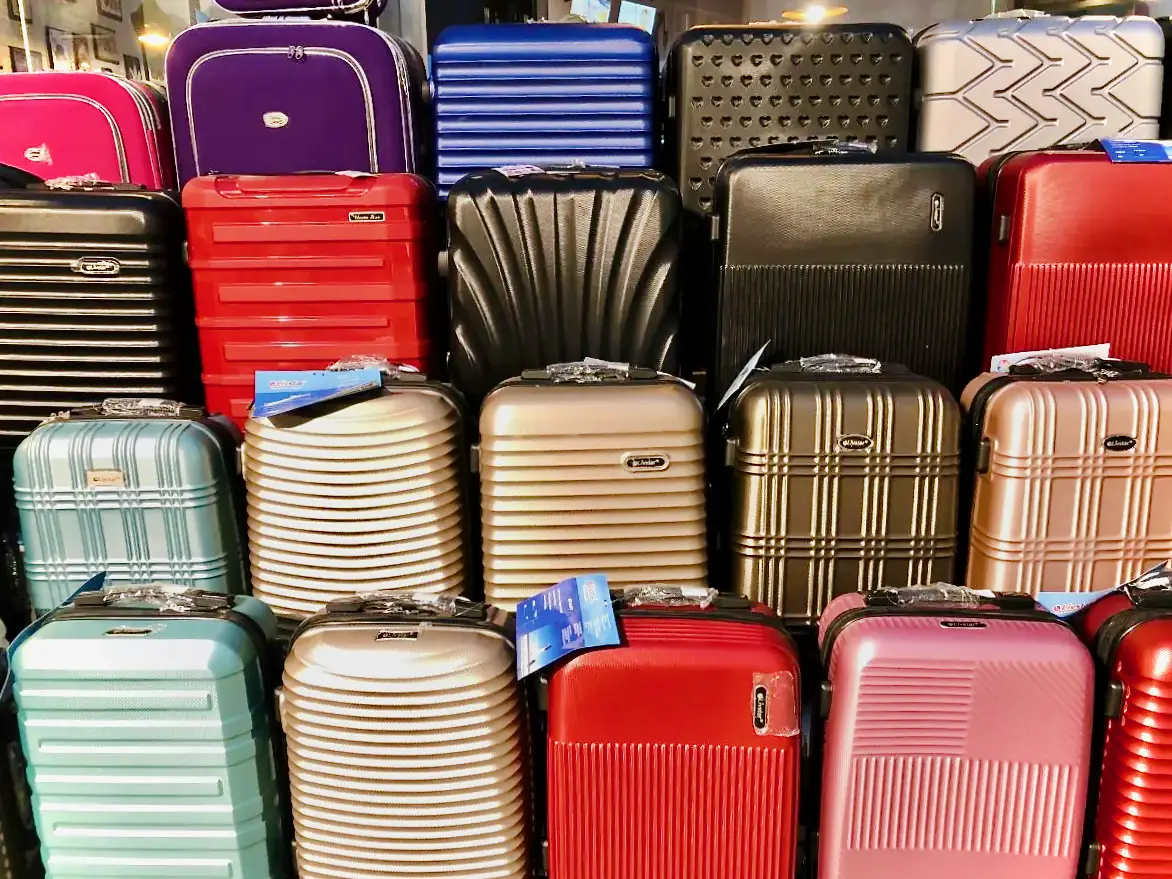When it comes to traveling, one of the most important things to consider is the luggage you bring with you and its characteristics/materials (e.g., ABS vs. polycarbonate luggage). The right luggage can make your trip much more comfortable and enjoyable, while the wrong luggage can cause a lot of unnecessary stress and headaches. That’s why it’s essential to choose the right material for your luggage, and two popular options are ABS and polycarbonate.
ABS and polycarbonate are two different materials used in luggage construction, and each has its own unique characteristics and benefits, given that they’re the material used in most hard luggage. If you’re interested, see our guide for the difference between hard and soft luggage.
In this blog post, we’ll take an in-depth look at ABS and polycarbonate luggage, their pros and cons, and how to choose between them. Whether you’re a frequent traveler or just planning your next vacation, this post will help you make an informed decision on which material is best for your needs. So let’s get started!
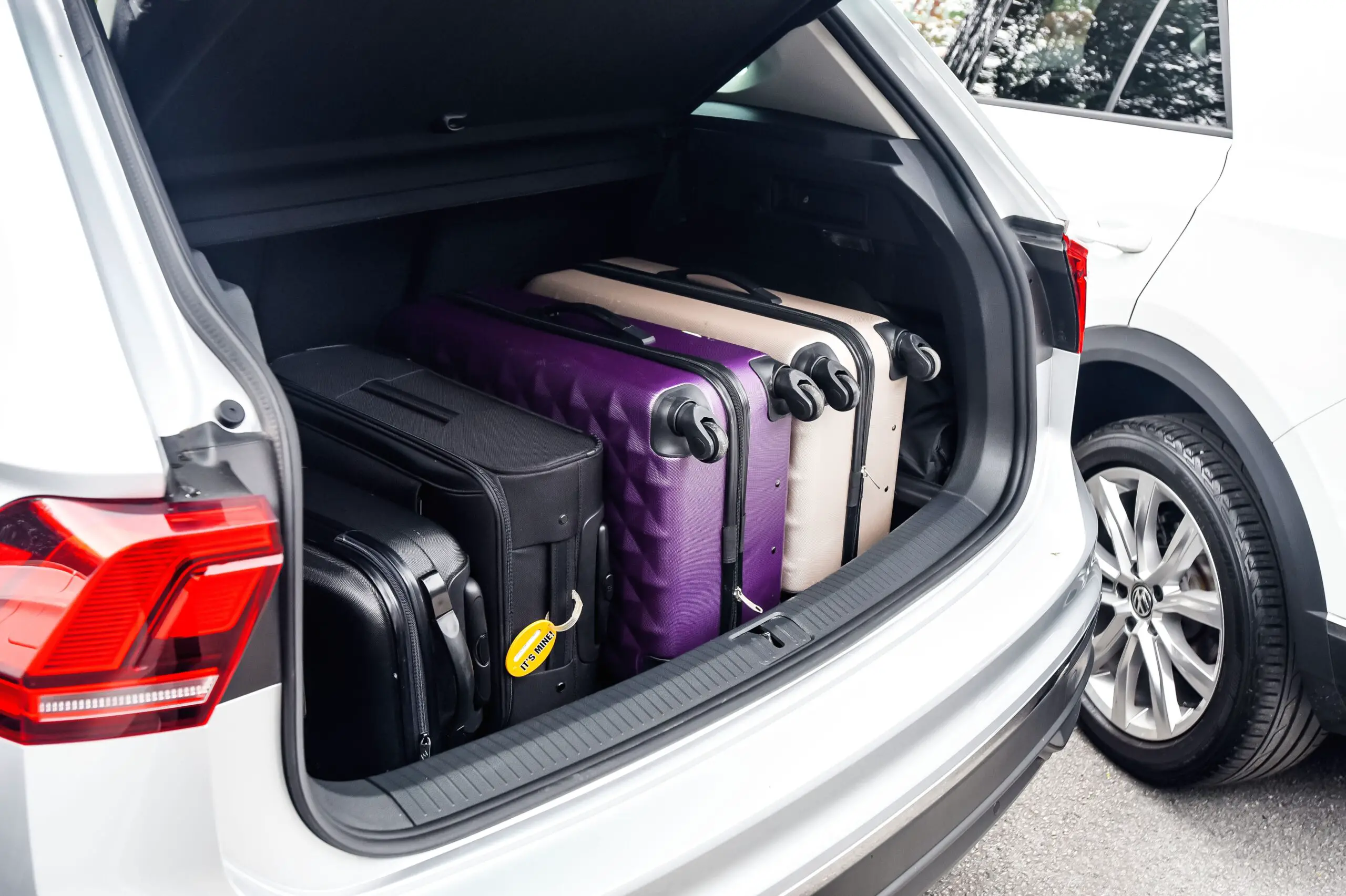
ABS Luggage
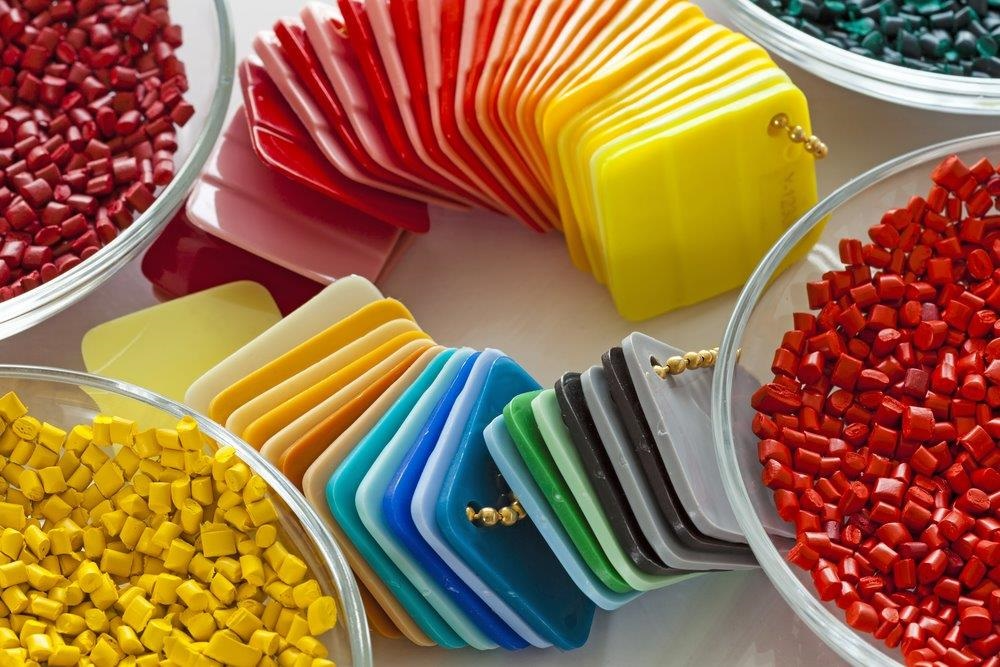
If you’re in the market for a new piece of luggage, you’ve likely come across ABS luggage. ABS stands for acrylonitrile butadiene styrene, which is a type of thermoplastic polymer that is commonly used in luggage construction.
A. Definition of ABS
ABS is a lightweight and durable material that is known for its impact resistance and ability to withstand rough handling during travel. It is also resistant to scratches and abrasions, which makes it a popular choice for frequent travelers.
B. Characteristics of ABS Luggage
ABS luggage has a hard outer shell that provides excellent protection for your belongings. The material is also known for its high-gloss finish, which gives it a sleek and stylish look. Additionally, ABS luggage typically comes in a range of colors and designs, making it easy to find a piece that fits your personal style.
C. Pros and Cons of ABS Luggage
Like any material, ABS luggage has its pros and cons. Some of the advantages of ABS luggage include its lightweight construction, durability, and scratch resistance. However, ABS luggage can be prone to cracking under extreme pressure, and it may not be as flexible as other materials.
D. Best Use for ABS Luggage
ABS luggage is an excellent choice for travelers who want a lightweight and durable option that can handle the wear and tear of frequent travel. It’s also a great choice for those who want a stylish piece of luggage that will stand out on the baggage carousel.
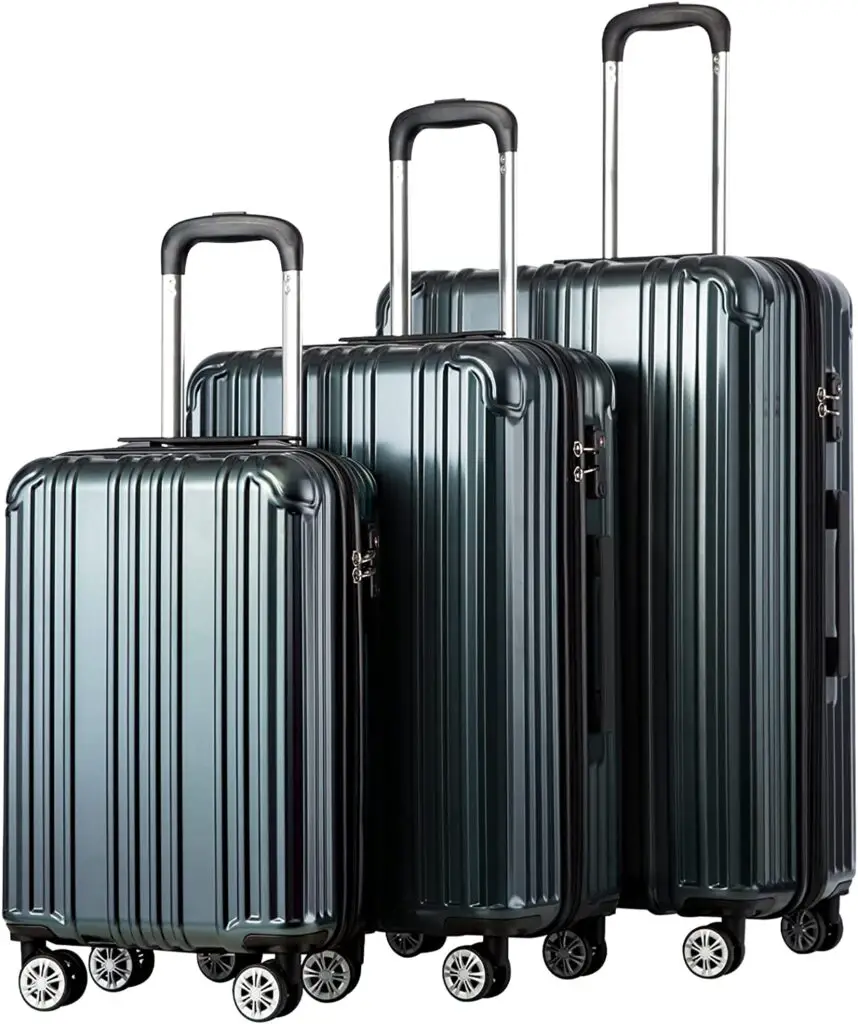
In the next section, we’ll take a closer look at polycarbonate luggage, another popular material used in luggage construction.
Polycarbonate Luggage
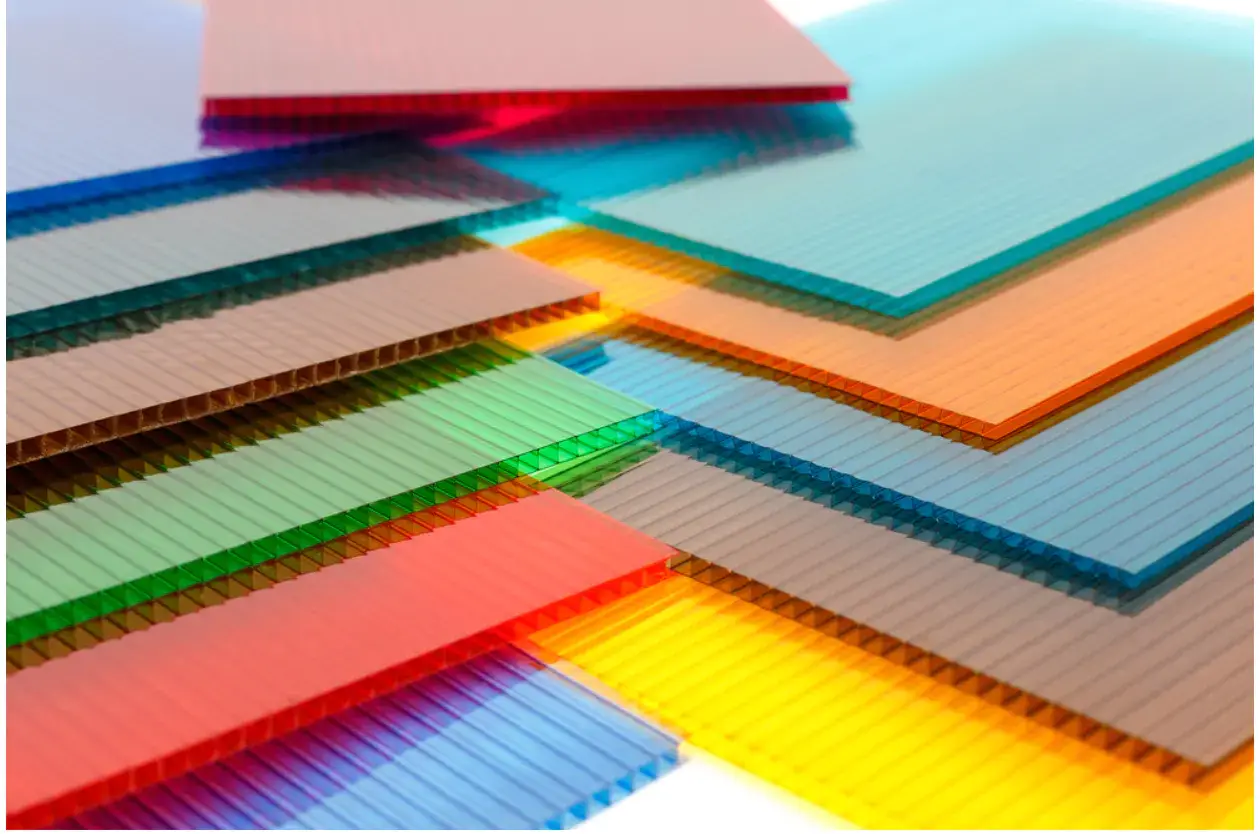
Polycarbonate is another material commonly used in luggage construction. Like ABS, polycarbonate is a thermoplastic polymer that is known for its durability and lightweight construction.
A. Definition of Polycarbonate
Polycarbonate is a type of plastic that is known for its strength and resistance to impact. It is commonly used in the manufacturing of various items, including eyeglasses, medical equipment, and electronic components.
B. Characteristics of Polycarbonate Luggage
Polycarbonate luggage is lightweight and durable, making it an excellent choice for frequent travelers. It is also known for its flexibility, which allows it to absorb impact and return to its original shape. Additionally, polycarbonate luggage often has a matte finish, giving it a more subtle and sophisticated look.
C. Pros and Cons of Polycarbonate Luggage
Polycarbonate luggage has several advantages, including its durability, lightweight construction, and flexibility. However, it can be more expensive than other materials, and it may be more prone to scratches and scuffs than ABS luggage.
D. Best Use for Polycarbonate Luggage
Polycarbonate luggage is an excellent choice for travelers who want a durable and lightweight option that can withstand the wear and tear of frequent travel. It’s also a great choice for those who want a more sophisticated and subtle look for their luggage.
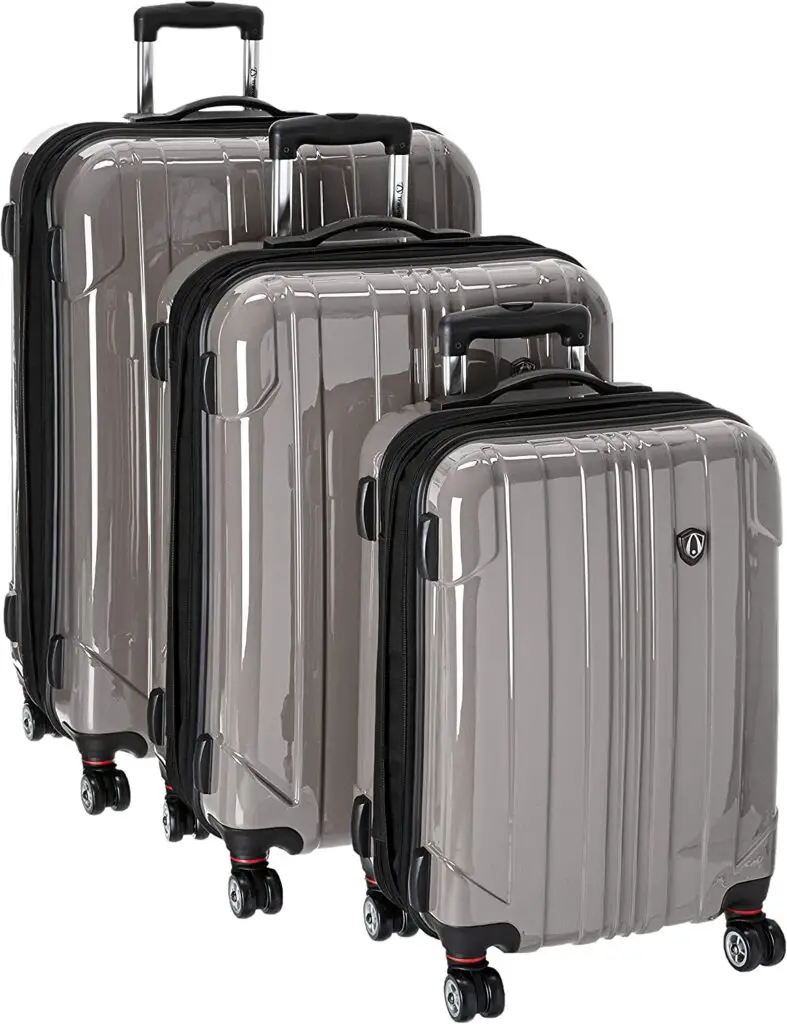
In the next section, we’ll compare the pros and cons of ABS and polycarbonate luggage and help you decide which material is best for your needs.
Comparison Between ABS and Polycarbonate Luggage
When it comes to choosing between ABS and polycarbonate luggage, there are several factors to consider. In this section, we’ll compare the pros and cons of each material to help you decide which is best for your needs.
A. Durability
Both ABS and polycarbonate luggage are known for their durability, but each material has its strengths and weaknesses. ABS luggage is resistant to scratches and abrasions and can withstand impacts, but it may be prone to cracking under extreme pressure. On the other hand, polycarbonate luggage is flexible and can absorb impacts, making it less likely to crack or dent. However, it may be more prone to scratches and scuffs than ABS luggage.
B. Weight
One of the most significant factors to consider when choosing luggage is weight. Both ABS and polycarbonate luggage are lightweight options, but polycarbonate is generally lighter than ABS. If you’re looking for the lightest option possible, polycarbonate may be the way to go.
C. Flexibility
Another factor to consider is flexibility. ABS luggage is relatively rigid and may not be as flexible as other materials. On the other hand, polycarbonate luggage is more flexible and can absorb impacts, making it less likely to crack or dent.
D. Price
Price is always a consideration when purchasing luggage, and both ABS and polycarbonate luggage can vary in price. In general, polycarbonate luggage tends to be more expensive than ABS luggage, but this may vary depending on the brand and other features.
E. Style
Finally, style is another factor to consider. ABS luggage often has a high-gloss finish and comes in a range of colors and designs, making it a popular choice for travelers who want a stylish option. Polycarbonate luggage often has a matte finish, giving it a more subtle and sophisticated look.
In the next section, we’ll provide some tips on how to choose between ABS and polycarbonate luggage.
How to Choose: ABS vs. Polycarbonate Luggage

Choosing between ABS and polycarbonate luggage can be challenging, but there are a few factors to consider that can help you make an informed decision.
A. Consider Your Travel Needs
The first thing to consider is your travel needs. If you’re a frequent traveler who is often on the go, a durable and lightweight option like polycarbonate luggage may be the best choice. If you’re looking for a stylish option, ABS luggage may be a better fit.
B. Look at Durability and Weight
Durability and weight are two essential factors to consider. Both ABS and polycarbonate luggage are durable and lightweight options, but polycarbonate luggage may be more durable and lighter than ABS.
C. Compare the Price
Price is another factor to consider. In general, polycarbonate luggage tends to be more expensive than ABS luggage, but this may vary depending on the brand and other features. Consider your budget when making your decision.
D. Evaluate the Style
Finally, consider the style of the luggage. ABS luggage often has a high-gloss finish and comes in a range of colors and designs, making it a popular choice for travelers who want a stylish option. Polycarbonate luggage often has a matte finish, giving it a more subtle and sophisticated look.
By considering these factors, you can make an informed decision on which material is best for your needs.
In the next section, we’ll provide a recap of the pros and cons of ABS and polycarbonate luggage and offer some final thoughts on which is best.
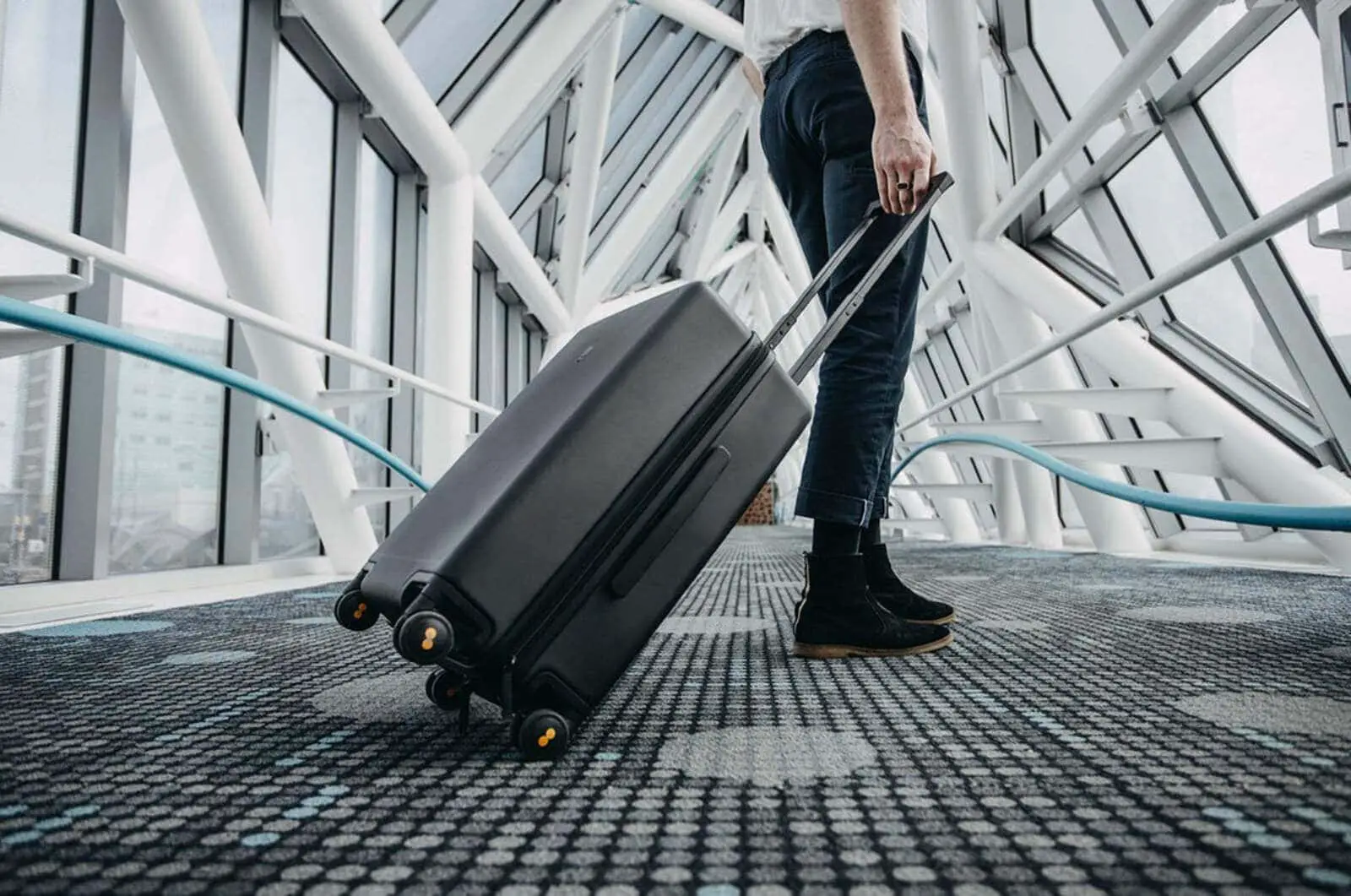
Recap and Final Thoughts
Now that we’ve compared ABS and polycarbonate luggage and discussed their pros and cons, let’s recap what we’ve learned.
ABS luggage is known for its scratch resistance and impact resistance, making it a durable option for frequent travelers. It also has a high-gloss finish and comes in a range of colors and designs, making it a popular choice for travelers who want a stylish option. However, it may be prone to cracking under extreme pressure and is less flexible than other materials.
Polycarbonate luggage, on the other hand, is known for its flexibility and ability to absorb impact, making it a durable option for travelers. It also tends to be lighter than ABS luggage and has a more subtle and sophisticated look. However, it may be more prone to scratches and scuffs than ABS luggage, and it can be more expensive.
When choosing between ABS and polycarbonate luggage, consider your travel needs, the durability and weight of the luggage, the price, and the style. By taking these factors into account, you can make an informed decision on which material is best for your needs.
In the end, both ABS and polycarbonate luggage have their advantages and disadvantages, and the choice ultimately comes down to personal preference. Whether you choose ABS or polycarbonate luggage, investing in a high-quality piece of luggage can make all the difference in your travels.

